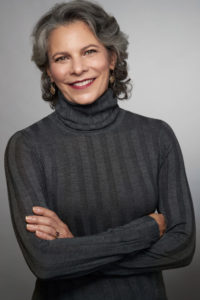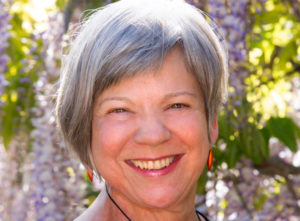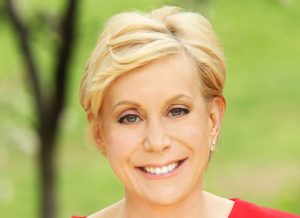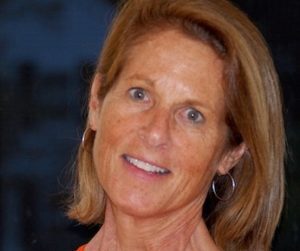
[Guest Blog by Cynthia Hayes]
Coping with cancer is hard. So much of the experience is not really within our control. Things like diagnosis at an early stage, scientific breakthroughs for your particular disease, an excellent medical team, and good health insurance. And we certainly benefit if family and friends instantly rally to offer loving support.
Fortunately, there are things within our control that can help us get through the ordeal.
First, we need to be honest with ourselves and those around us about how we feel. Often, survivors experience some sort of emotional fallout from diagnosis. I like to remind the survivors I mentor, “It’s not you, it’s cancer.”
But each of us is different in how we internalize and express our emotions, the intensity with which we feel them and the degree to which we want to talk about them, and how much help we want dealing with them. So, we can’t assume that family and friends know how we feel, what we want, or how to help. We have to tell them.
We also need to advocate for ourselves with medical professionals so we get the care we need. Many of us may find it especially difficult to ask questions and make suggestions to our doctors, but it’s important to remember that they may be the experts in cancer, but you are the only expert in you.
You are the only one who knows what it’s like to be you, what it feels like in your body to receive the treatment you are getting, to live through the experience you are having. Meetings with your care team should be a conversation between experts.
It’s also important to recognize that cancer is not a straight line—it will be full of ups and downs, and our emotions will take us for a ride. Some days might seem manageable, others overwhelming. Some days the fatigue is oppressive, others we are energized, at least temporarily.
Listen to your body and go along for the ride. There will be times when your expectations—of yourself, your treatment, your experience, the ones around you—can’t be met. And that is ok. Go with the flow.
Another thing I learned is that we need to give ourselves the grace to recover on a schedule dictated by the body, not by external forces. It can be hard—work, childcare, others’ expectations can all get in the way. And after taking time off to receive treatment, after accepting help from others for so long, we think we need to stop being a burden.
But the recovery process can be long and slow. Just because we are done with treatment doesn’t mean that we’re ready to resume life at full tilt. Let your body decide what you need. Look at what expectations you are putting on yourself and see what you can offload. Talk to others around you about what expectations they have that may not be realistic yet. Those who love and value you will understand.
Most importantly, we need to remember that no matter how isolated and scared we feel, we’re not alone. There are so many people going through cancer, and so many supportive care programs available: Peer-to-peer mentors, professional counselors, group support, exercise and meditation programs, complementary therapies, magazines, and social media groups, much of which is available for free.
Most cancer treatment centers have social workers who can direct you to internal and external resources. But, finding the support you need starts with being honest about how you feel and advocating for yourself to ask.
When I speak with people recently diagnosed, it continues to astonish me how much emotional turmoil we have in common. But I also see in every conversation how much it means to them to hear that they are not alone, that others were fearful, that someone else also faced the anxiety of testing, the identity crisis that comes with ongoing treatment, the loss of control over life that cancer brings, and that someone is there to listen.
Sharing my story has helped my recovery, and I believe it has helped others find the resilience they need to recover as well. I hope you will find a way to share your cancer emotions and benefit from the community of other cancer survivors who have so much to give.
A former journalist, Harvard-trained management consultant, and hospital executive, Cynthia is the author of The Big Ordeal: Understanding and Managing the Psychological Turmoil of Cancer. Since recovering from her own disease in 2016, she has helped raise awareness of the shared emotional experience of cancer, the physical drivers of that experience, and how to cope with it all. When not speaking or writing about cancer emotions, she volunteers as a peer mentor to newly diagnosed patients, is an avid tennis player and adventure traveler, and lives in New York City with her adoring husband and shih tzu puppy. Learn more about Cynthia at TheBigOrdeal.com and follow her on Twitter @TheBigOrdeal, Facebook @Cancer.TheBigOrdeal, and Instagram @Cancer.TheBigOrdeal.
Cynthia is part of the Official NCSD Speakers Bureau Roster. To access the Roster, register your event today.




